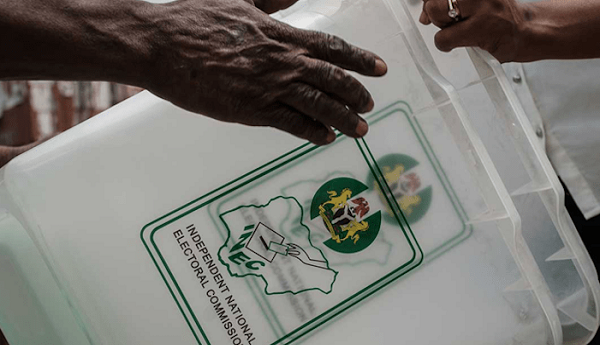
Election disputes are an inevitable aspect of the electoral process, particularly in vibrant democracies like Nigeria. The way these disputes are managed and resolved can significantly impact the integrity and trust in the electoral system. Understanding the legal frameworks and resolution mechanisms in place for handling election disputes is crucial for maintaining democratic stability. This blog post explores these frameworks and mechanisms, shedding light on how election disputes are decoded and resolved.
The Nature of Election Disputes
- Types of Disputes: Election disputes can arise from various issues, including electoral malpractices, candidate disqualifications, voter registration problems, and the counting and declaration of results.
- Impact on Democracy: How these disputes are resolved can either strengthen or weaken public confidence in the electoral system and democratic institutions.
Legal Frameworks Governing Election Disputes
- Constitutional Provisions: The Constitution typically provides the basis for electoral laws and dispute resolution mechanisms.
- Electoral Laws: Specific electoral laws and regulations outline the procedures for contesting election results and the legal avenues available for dispute resolution.
- International Standards: Adherence to international standards and agreements also shapes the legal framework for election dispute resolution.
Resolution Mechanisms
- Judicial Processes: Courts play a central role in resolving election disputes. This often involves specialized electoral tribunals or courts set up specifically to handle election-related cases.
- Mediation and Arbitration: Alternative dispute resolution mechanisms like mediation and arbitration can be employed to resolve disputes, especially for less severe cases.
- Electoral Commissions: Independent electoral commissions often have the mandate to address certain types of electoral disputes, such as those related to voter registration or campaign violations.
Challenges in Resolving Election Disputes
- Timeliness: The need for a swift resolution to prevent political instability versus the time required to thoroughly investigate and adjudicate disputes.
- Perceptions of Bias: Maintaining the impartiality and credibility of the institutions responsible for resolving election disputes.
- Access to Justice: Ensuring that all parties involved in an election dispute have fair and equal access to legal recourse.
Strengthening Dispute Resolution Mechanisms
- Capacity Building: Enhancing the capacity of judicial bodies and electoral commissions to handle disputes effectively and transparently.
- Public Awareness: Educating the public about their rights and the legal procedures for contesting election results.
- International Support: Leveraging international expertise and support to strengthen domestic legal frameworks and dispute resolution mechanisms.
Effective resolution of election disputes is a cornerstone of a healthy democracy. The legal frameworks and mechanisms in place must be robust, transparent, and impartial to maintain public confidence in the electoral process. As democracies evolve, so too must their approaches to handling election disputes, ensuring that they are resolved in a manner that upholds the principles of fairness, justice, and democratic integrity.
